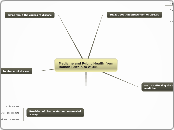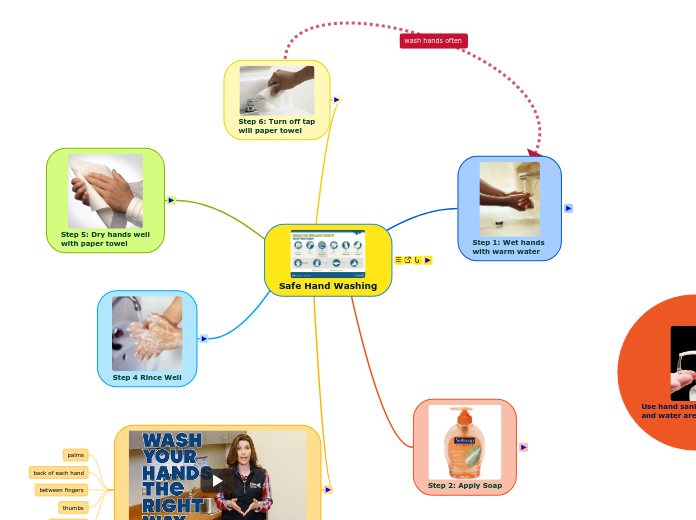par Anthea Pryde Il y a 13 années
1429
Medicine and Public Health from Roman Britain to c1350
In the period from Roman Britain to around 1350, medical practices and public health measures were influenced by a blend of supernatural beliefs, practical observations, and rudimentary scientific knowledge.









